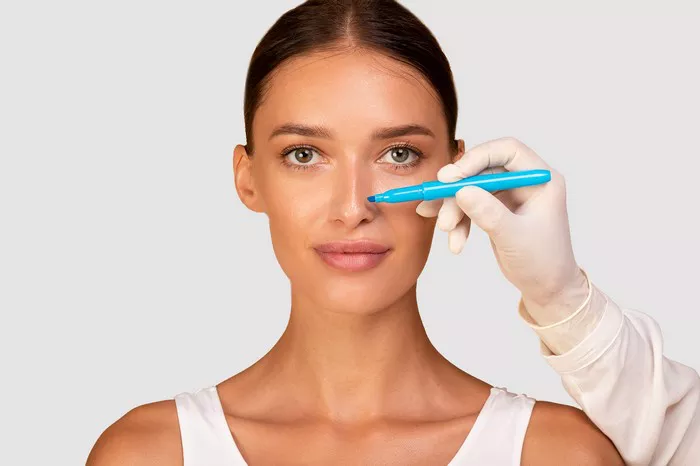Rhinoplasty, or nose surgery, is a common cosmetic procedure that can improve the appearance and function of the nose. After rhinoplasty, it is important to follow a strict recovery plan to ensure proper healing and minimize the risk of complications. One aspect of the recovery process that is often overlooked is the things you cannot do after rhinoplasty. In this article, we will explore the things you cannot do after rhinoplasty, including what activities to avoid, what precautions to take, and how to ensure a safe and effective recovery process.
Understanding the Recovery Process After Rhinoplasty
Before exploring the things you cannot do after rhinoplasty, it is important to understand the recovery process. After surgery, a person will experience swelling, bruising, and discomfort in the treated area. It is important to follow the post-operative instructions provided by the surgeon, which may include wearing a splint or cast, taking pain medication, and avoiding certain activities.
The recovery process after rhinoplasty can take several weeks to several months, depending on the extent of the surgery and the individual’s overall health. During the recovery process, it is important to avoid certain activities to ensure proper healing and minimize the risk of complications.
Activities to Avoid After Rhinoplasty
There are several activities to avoid after rhinoplasty, as they can potentially cause damage or delay the healing process. Some of the activities to avoid after rhinoplasty include:
Strenuous Exercise
Strenuous exercise, such as weightlifting, running, or high-intensity cardio, should be avoided for at least 4-6 weeks after surgery. These activities can increase blood pressure and potentially cause bleeding or swelling.
Swimming
Swimming should be avoided for at least 2-3 weeks after surgery. Chlorine and other chemicals in the pool can irritate the nose and potentially cause infection.
Sun Exposure
Sun exposure should be avoided for at least 2-3 weeks after surgery. Sunburn or excessive heat can cause swelling and potentially delay the healing process.
Blowing Your Nose
Blowing your nose should be avoided for at least 2-3 weeks after surgery. Blowing your nose can cause bleeding or swelling and potentially delay the healing process.
Wearing Glasses
Wearing glasses should be avoided for at least 4-6 weeks after surgery. Glasses can put pressure on the nose and potentially cause damage or delay the healing process.
Precautions to Take After Rhinoplasty
In addition to avoiding certain activities, there are several precautions to take after rhinoplasty to ensure proper healing and minimize the risk of complications. Some of the precautions to take after rhinoplasty include:
Keep Your Head Elevated
Keeping your head elevated can help reduce swelling and promote healing. It is recommended to sleep with the head elevated for at least the first week after surgery.
Use Ice Packs
Using ice packs can help reduce swelling and discomfort. It is recommended to use ice packs for 20 minutes at a time, several times a day, for the first few days after surgery.
Take Medication as Directed
Taking pain medication and antibiotics as directed by the surgeon can help manage pain and prevent infection.
Avoid Smoking
Smoking can interfere with the healing process and potentially cause complications. It is recommended to avoid smoking for at least 2-3 weeks after surgery.
Follow Post-Operative Instructions
Following the post-operative instructions provided by the surgeon is essential for ensuring proper healing and minimizing the risk of complications. It is important to ask any questions and address any concerns with the surgeon during the recovery process.
Maintaining a Safe and Effective Recovery Process
Maintaining a safe and effective recovery process after rhinoplasty requires a combination of avoiding certain activities, taking precautions, and following post-operative instructions. It is important to listen to the body during the recovery process and avoid any activities that cause pain or discomfort. By taking the necessary precautions and following the post-operative instructions provided by the surgeon, a person can safely and effectively recover from rhinoplasty.
Conclusion
There are several things you cannot do after rhinoplasty, including avoiding strenuous exercise, swimming, sun exposure, blowing your nose, and wearing glasses. It is important to take precautions, such as keeping the head elevated and using ice packs, to ensure proper healing and minimize the risk of complications. By following the post-operative instructions provided by the surgeon and listening to the body during the recovery process, a person can safely and effectively recover from rhinoplasty.


